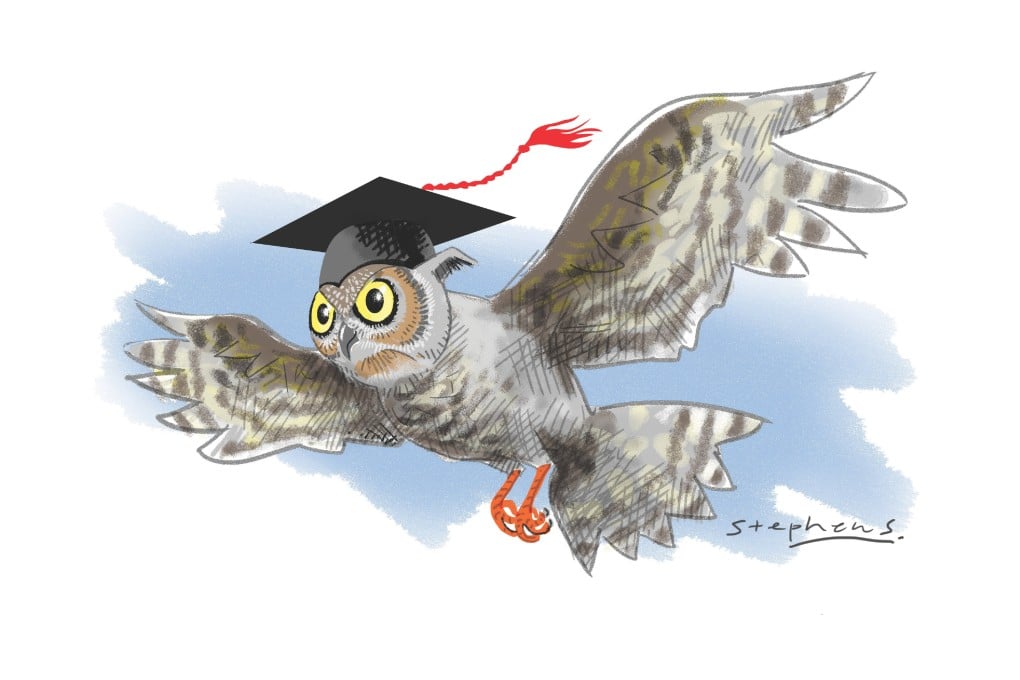The vital role of academic freedom in creating a world-class university
William Tierney and Gerard Postiglione say if scholars and scientists are not free to pursue the truth, it can have a devastating effect

The international race to have a "world-class university" in Hong Kong has been in full swing for more than a decade. Whether you use the QS ranking, Shanghai Jiao Tong University's Academic Ranking of World Universities, or the UK's World University Rankings, the vast majority of the top 100 are in the US and Europe, with the former having the lion's share of the top 25. Not surprisingly, other countries are trying to ape what they think of as the "American model".
Many observers think fiscal and organisational structures enable universities to be world class. Some of the best universities - Harvard, Stanford, the University of Southern California - are private and do not rely on government largesse. Even so-called state universities in the US get little funding from government any more. The implication for other countries is that their universities should be more entrepreneurial. Universities in many countries have begun to sing the praises of entrepreneurialism as never before.
Others look at private philanthropy in endowing positions for academic staff and erecting buildings on America's campuses. Of consequence, many aspiring universities have begun to create or expand their development offices. The University of Hong Kong's medical school accepted its renaming as the Li Ka Shing Faculty of Medicine. Many libraries at China's universities are named after Run Run Shaw.
Central governments also have a role. Federal spending on the research infrastructure of America's best universities contributes to their excellence. The result is that other governments, including Saudi Arabia and China, now invest heavily in building facilities and providing the funds to hire academic staff so that some of their universities might be considered world class in research.
US universities are not consistently atop the world rankings because of their funding streams or organisational models, but rather their ability to drive excellence in teaching and research. The role of academic freedom cannot be underestimated, as it allows professors to speak their minds, search for truth and not worry that they will face sanctions in their work. Eliminate that and US universities drop in the world rankings.
Before the end of the 19th century, Harvard University's Charles Eliot counselled John D. Rockefeller that 200 years and US$50 million (about US1.4 billion in today's money) would be required to create a world-class institution. After the turn of the century, and with Rockefeller's US$50 million-plus, the University of Chicago needed only 20 years to attain top standing. At the same time, however, the idea of academic freedom became enshrined as the raison d'être of academic life in the US, and protected by a system of academic tenure. Shared governance came about to ensure that academic freedom remained a core value of the university. By 1960, virtually every university in America offered tenure, shared governance and a commitment to academic freedom as its core value.
